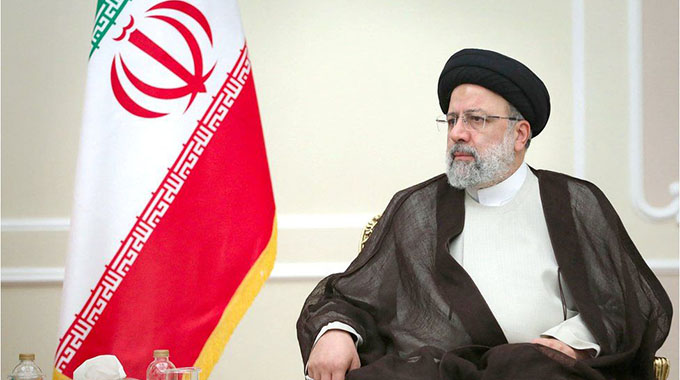Police ring central Algiers ahead of opposition rally
ALGIERS.
Large numbers of police were deployed in central Algiers yesterday ahead of a pro-democracy march planned by opposition groups in defiance of a government ban.
The head of the opposition Rally for Culture and Democracy, Said Sadi, said the authorities had ringed the capital in a bid to prevent people joining today’s march from outside.
“Trains have been stopped and other public transport will be as well,” he said.
Sadi claimed that 10 000 police were being drafted into the city, to reinforce the 20 000 who succeeded in blocking the last protest on January 22, when five people were killed and more than 800 hurt in clashes.
Large quantities of tear-gas grenades had been imported, he added.
Anti-riot vehicles were seen parked not far from the square where the rally is scheduled to begin on Saturday, and police in uniform patrolled surrounding streets.
Police roadblocks erected on avenues leading into the city following suicide attacks in 2007 were also strengthened, while local people engaged in frantic stocking-up on food in case deliveries to shops are disrupted.
Meanwhile, a 36-year-old unemployed man and father of six died in eastern Algeria yesterday after setting himself on fire on January 17 in regional council offices in eastern Algeria, his family said.
His death brings to four the number of Algerians who have died from self-immolation since January.
Altogether, more than a dozen Algerians have set themselves on fire so far this year, apparently inspired by a similar act in neighbouring Tunisia that catalysed the downfall of that country’s authoritarian regime.
Saturday’s rally is being organised by the National Co-ordination for Change and Democracy (CNCD), a three-week-old umbrella group of opposition parties, civil society movements and unofficial unions emboldened by the mass protests in Tunisia and Egypt.
The CNCD is demanding the immediate end of President Abdelaziz Bouteflika’s regime, citing the same problems of high unemployment, housing problems and soaring costs that have inspired uprisings in Tunisia and Egypt.
Like their north African counterparts, the protesters have used Facebook and text messages to spread their call for change. — AFP.





Comments